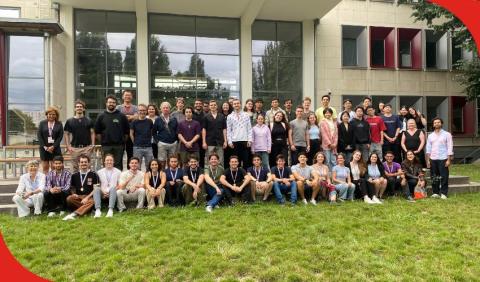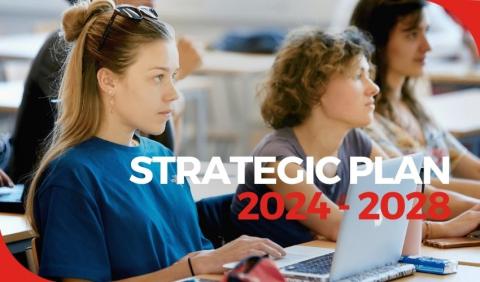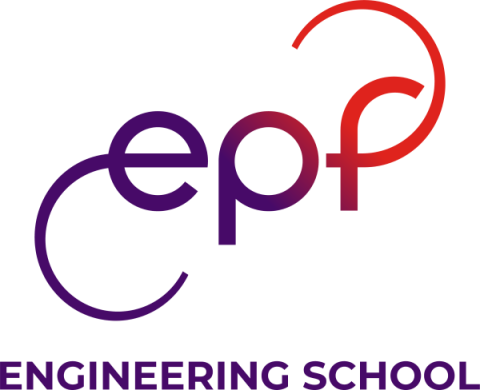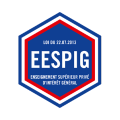Going abroad during studies: how to proceed
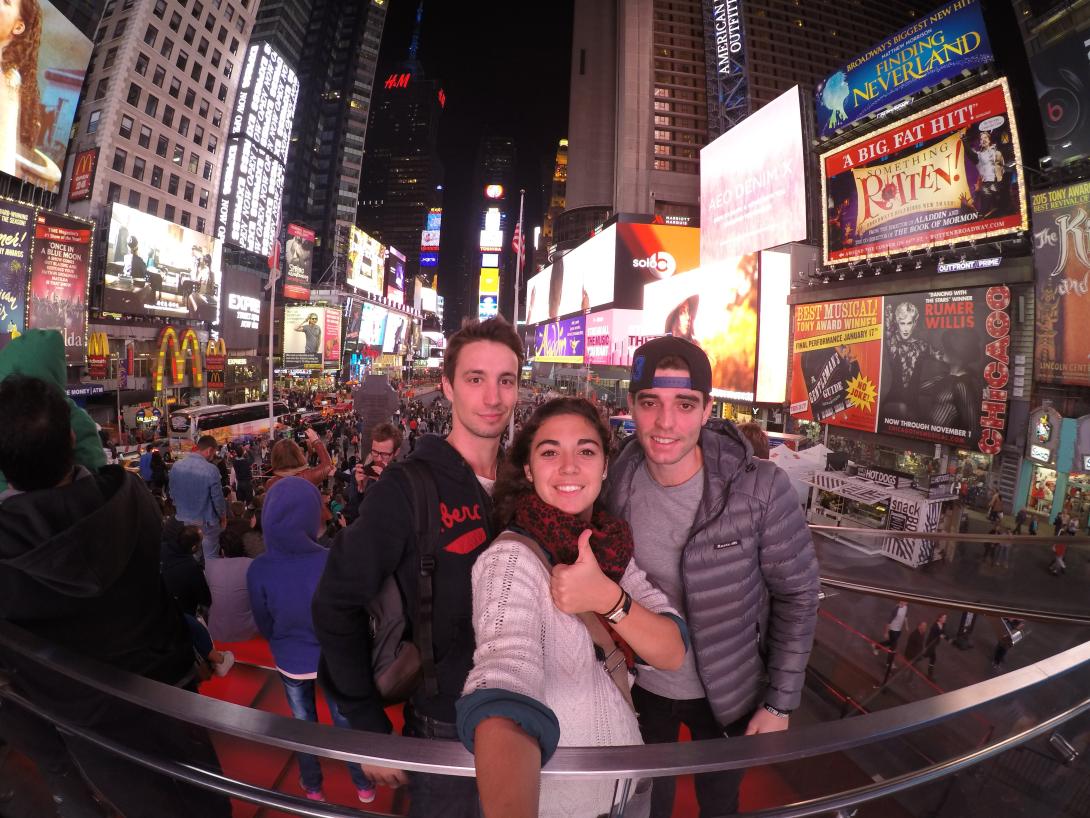
More and more students chose to go abroad during their school curriculum. Whether for an internship, a double degree or an exchange, it’s only a matter of choosing the option that best suits their profile and wishes!
Your dream is to live abroad for a few months. Great news: most engineering (and business) schools require that all students experience living abroad. It can take the shape of an academic exchange for four to six months in a partnering university, which will not enable the student to graduate from the partnering university but will allow him/her to validate a semester. Another possibility is to do an internship in a company abroad. Finally, for the most enthusiastic, they can attend a double degree. This requires more commitment (one additional semester to one additional year) but allows the student to graduate from the partnering university.
If you are tempted by all these options and cannot make up your mind, you can start by picking up as much information as possible! “At school, we organize information meetings to present all our partners, gap year possibilities and double degrees. I recommend that engineering students quickly connect with various contacts within the institution as early as Year 1: the Internship and International Affairs departments can help you” suggests Stefan Seiler, Head of International Affairs at EPF.
If it is hard for you to decide where to go, you can attend fairs dedicated to mobilities or ask upper-year students or school alumni who are experiencing or have experienced living abroad. Foreign students who are part of an exchange program in France or teachers from other countries are also a good source of information to help you make up your mind.
Finding the right host country
How to choose a destination? This is one of main questions asked by departing students. Stefan SEILER recommends to all those with a vocation or a professional project in mind to take their decision bearing in mind the following: “if you wish to work in the ecology transition, Scandinavia could be a good option. For the automobile industry, countries such as Germany, Spain, Italy or the U.S.A could be interesting. For IT, California or Israel could be considered. In order to get an answer to their questions, students have to read the press and stay informed with regard to the field activity”. The most sought-after destinations are currently Australia, Germany, Belgium, Switzerland or Spain.
Keep an eye on student grants. If you are leaving for Europe, you can apply for Erasmus financial grants. Some grants may exist in certain countries (such as the USA or Germany…) but not in others. If the financial question is of utmost importance to you, find the relevant information as the answer could tilt the balance in favor of one country or another if you are hesitating between two. That said, your destination should not be chosen as if you were leaving for a vacation. “Many students choose Australia for the beaches and the exotic aspect of the country. This is not something we recommend as time abroad should be decided according to a professional project” says Stefan SEILER.
Rankings and personal criteria
Once the destination is settled, you still have to choose the university you will be attending (or the company in the event of an internship). Start by asking your school for the list of its partners: it will be easier to apply, and you will benefit from negotiated agreements (ECTS credits, equivalences, identical school fees…). Have a look at major international rankings such as QS, Shanghai or THE as they can also be of some help. “Although rankings are not perfect, they do give an indication of the level of the institution. Students can also consult the university’s website: is it dynamic? How many Nobel prizes have their teachers received? How big is the campus?” suggests Stefan SEILER. By searching for all this information, students can choose knowingly.
Bear in mind that the most prestigious institutions are also the most sought-after. EPF has partnership with Brown university, Georgia Tech, University of Montreal or Technion for example, which are of much interest to students. Candidates are thus interviewed by a jury who evaluates their motivation, project and grades. A plan B could be a good idea. That being said, and whatever the destination, you can be sure that the experience will be formative and above all, unforgettable.

